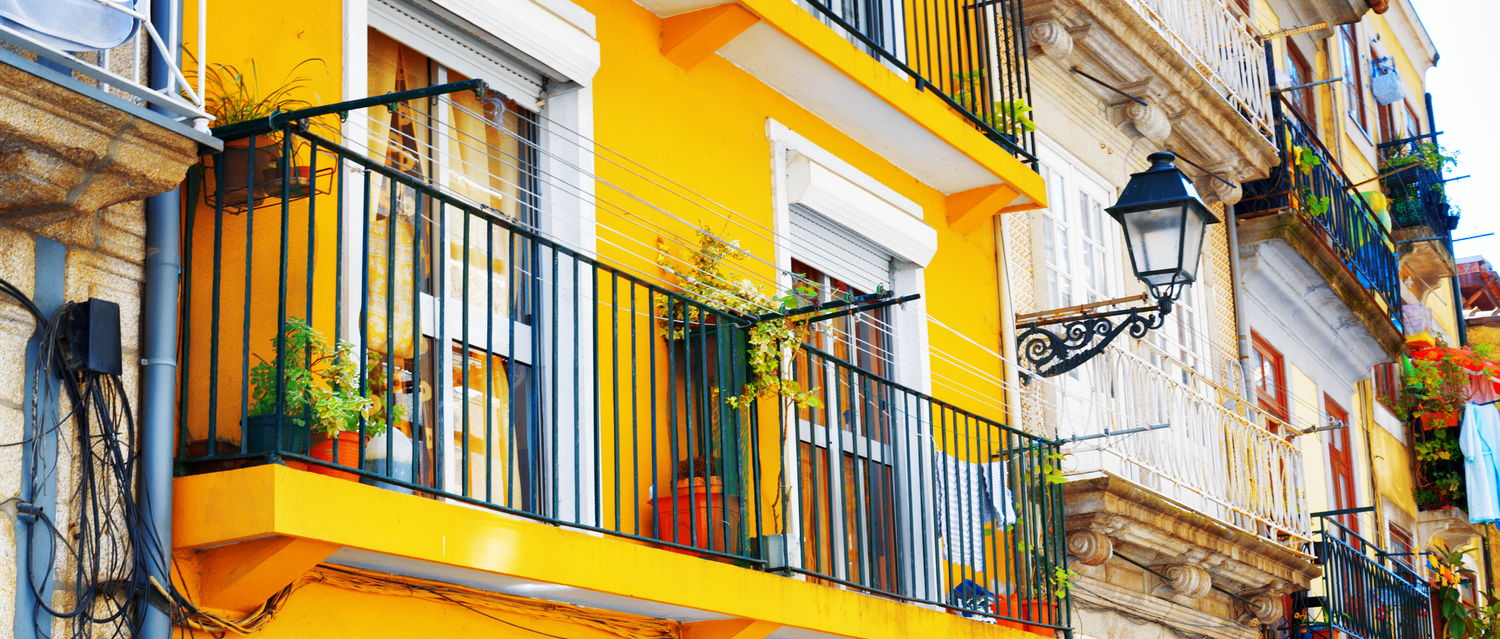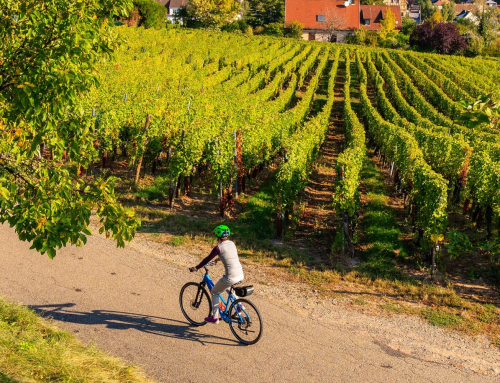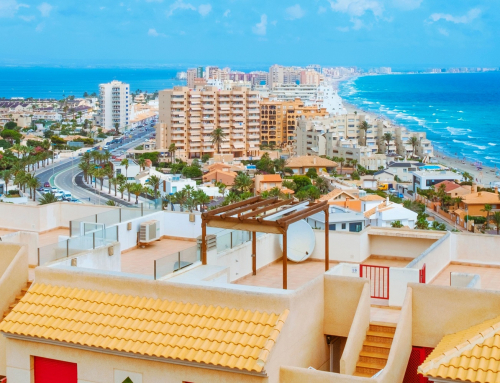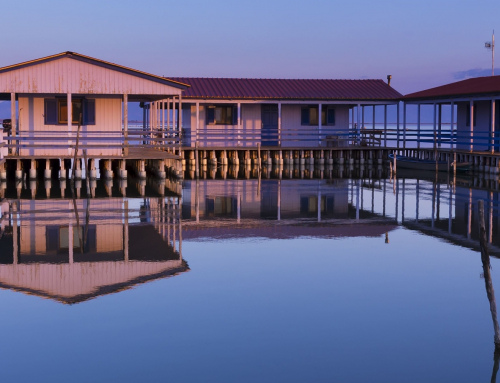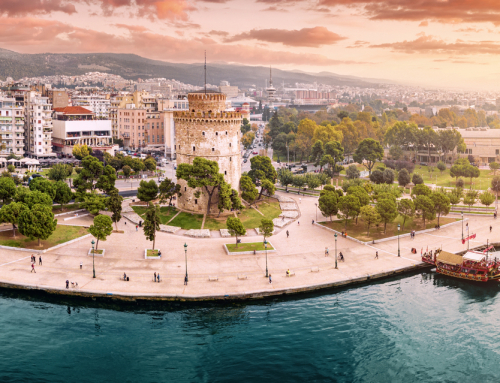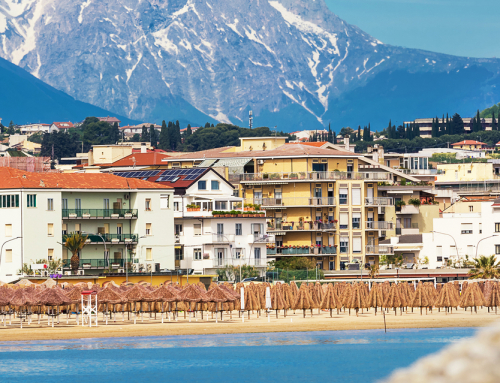Renting out your Portuguese property is a great way to make a holiday home cost-effective, particularly if you will only be using it some of the year. If you choose your location wisely, you could also make a nice profit too.
We share some tips for renting out a property in Portugal.
If you would like further advice on the buying process in Portugal, download your free Portugal Guide.
Consider seasonality when choosing your location
When deciding on a location for your buy to let property, you should consider the seasonality of the area.
For example, the Algarve gets incredibly busy in the summer months, from June to September (peaking in July and August) but can feel remarkably ‘closed down’ in the winter. So, if you purchase a property in this area, be prepared for peaks and troughs with your rental income.
The Algarve is, however, still a great place to purchase a buy to let property. The extremely high demand for holiday homes in the summer means you’ll likely be completely booked up and could be making enough money to cover the quiet winter periods.
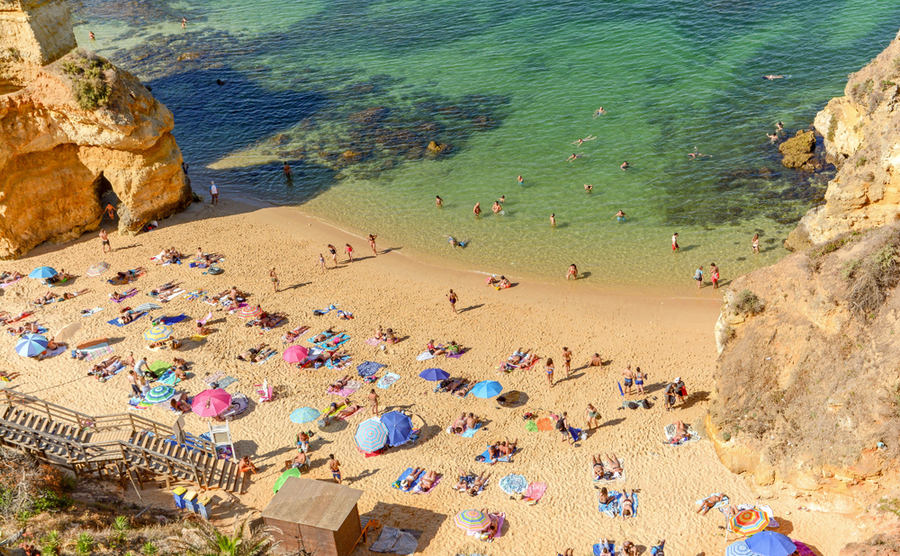
The Algarve also benefits from a ‘shoulder-season’, between April and mid-November, when young couples, retirees and some Portuguese take their holidays, making the best of cheaper flights and uncrowded beaches. So, there should only be a short period of the year when your occupancy may be lower.
If you are keen to maintain your occupancy throughout the year, though, consider buying a property in one of Portugal’s cities. Lisbon and Porto are two great options that are less affected by seasonality. Many people take year-round city breaks, particular northern Europeans, thanks to the winter temperatures often being more desirable than back home!
Why not split the cost and double the fun of owning a holiday home in Portugal by buying with family or friends? Read our guide to Buying Abroad with Family
Long-term vs short-term
You’ll also need to choose between long-term and short-term lettings. Most foreign buyers opt for short-term rentals to take advantage of the holiday/tourist trade. This allows landlords to benefit from renting out their property on a ‘per night’ basis rather than ‘per month’, which often results in higher rental yields throughout the year.
However, the growing popularity of short-term lettings has led to a shortage of long-term rental properties. So, if you do decide to go down the long-term route, you shouldn’t have any trouble finding a tenant.
Long-term rentals have other benefits too, such as a reliable monthly income; fewer additional costs, such as hiring regular cleaners; and potentially less damage/maintenance as fewer people are coming and going through your property.
The legalities
The Portuguese authorities have clamped down on rentals, particularly short-term holiday rentals, in recent years. It is incredibly important to follow the rules and take the legalities seriously. The penalties for breaking these rules are significant.
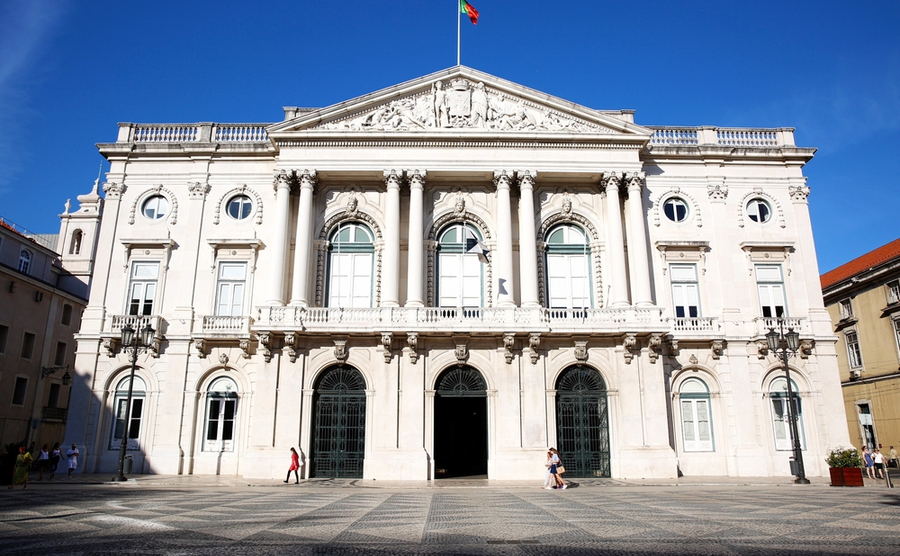
The most important things to do when setting up your property for the rental market is to register it as tourist rental accommodation with your local town hall (camara) and to obtain a rental license (alojamento local). To get a license, you will need to obtain a fire safety certificate, demonstrate to local inspectors that you have working drainage and adequate door security, and ensure the home is properly furnished and equipped.
You will also need to prove that your property has a range of safety items such as a fire extinguisher and first-aid kit and an official complaints book (livro de reclamações).
It can be beneficial to hire a bilingual lawyer to help you with this process, especially if you don’t speak Portuguese.
–
Are you looking for a property in Portugal? Search on Green-Acres
Want to sell your property on Green-Acres? Advertise on Green-Acres

